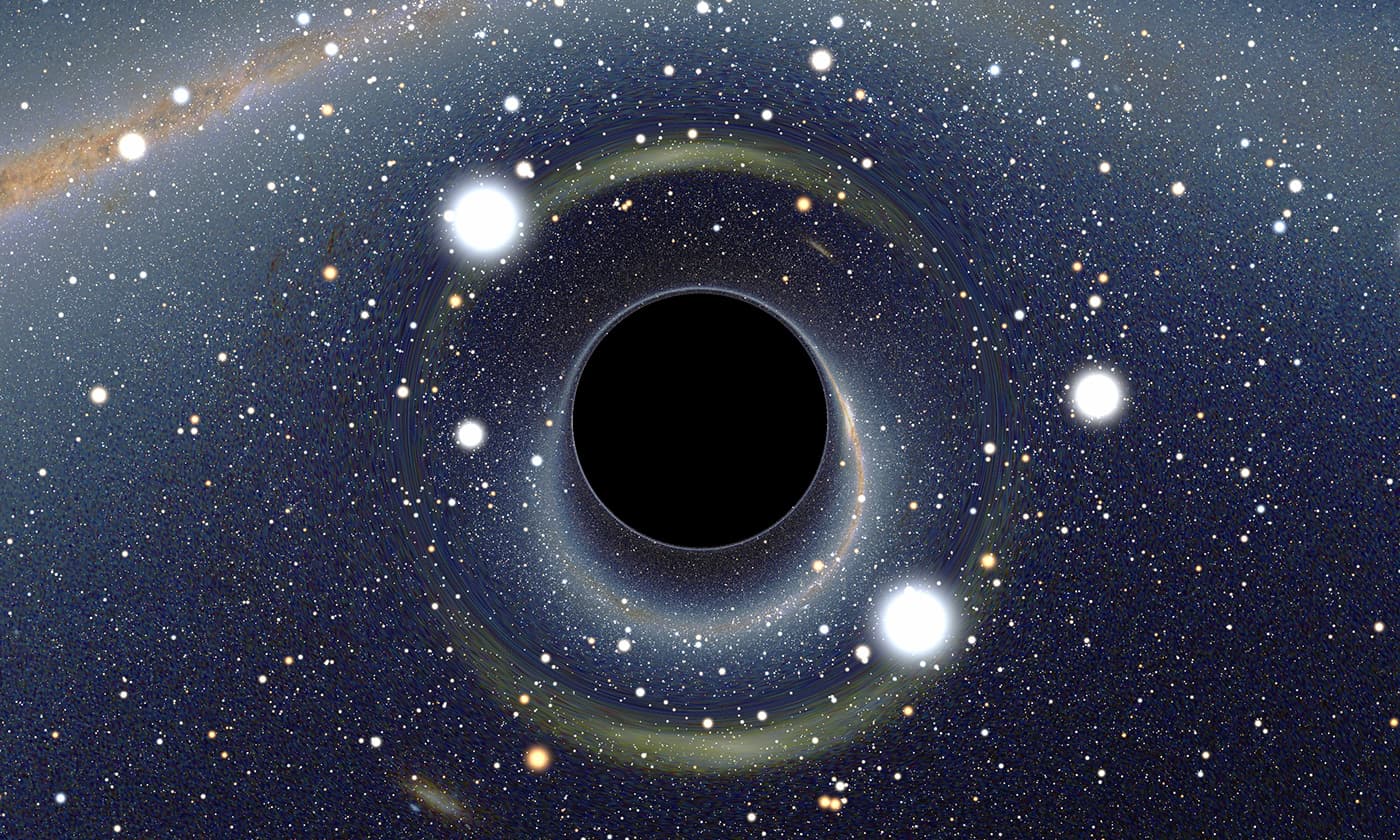The Arrow of Time
The second law of thermodynamics states that in an isolated system, entropy will increase with time and the movement of heat will always flow from hotter bodies to cooler ones. However, a new experiment by an international team of researchers shows that this thermodynamic "arrow of time" is not an absolute concept.
For their experiment, the researchers looked at correlated particles. These are conceptually similar to the entangled particles at the core of quantum research, but they are not as closely bonded.
The researchers started their experiment with the molecule trichloromethane, which is made up of hydrogen and carbon. They then made the nucleus of the hydrogen atom warmer than the nucleus of the carbon atom and watched the flow of energy.
When the nuclei of the two atoms were uncorrelated, heat flowed from the hotter to the cooler nucleus, as expected. But when the nuclei were correlated, heat flowed "backwards" — the hotter nucleus grew hotter and the cooler nucleus grew cooler.
According to the researchers, their experiment doesn't violate the second law of thermodynamics because the law doesn't take into account correlated particles — their experiment simply reveals an exception to the rule. A paper outlining this research has been uploaded to the arXiv server.
The Quest for Understanding
This experiment is yet another example of science yielding previously unknown information about the mysterious world around us, and each new discovery seemingly leads to new questions.
As more and more research goes into quantum computing, scientists are finding that we still have a lot to learn about the quantum world, and the makeup of the universe — specifically, dark energy and dark matter — is still largely unexplained despite regular research. We've also yet to uncover the elusive theory of everything — a single equation that explains all natural physical processes in the universe — though we do have some solid leads.
Clearly, we still have much to learn about our universe. This remarkable exception to the second law of thermodynamics proves that even concepts that we think we understand quite well could have hidden intricacies that will continue to elude us until creative experiments, like those conducted by this international team of researchers, are developed and conducted.
However, with each individual experiment, we expand our collective knowledge and take another step down the path to truly understanding how our world functions.
Share This Article
